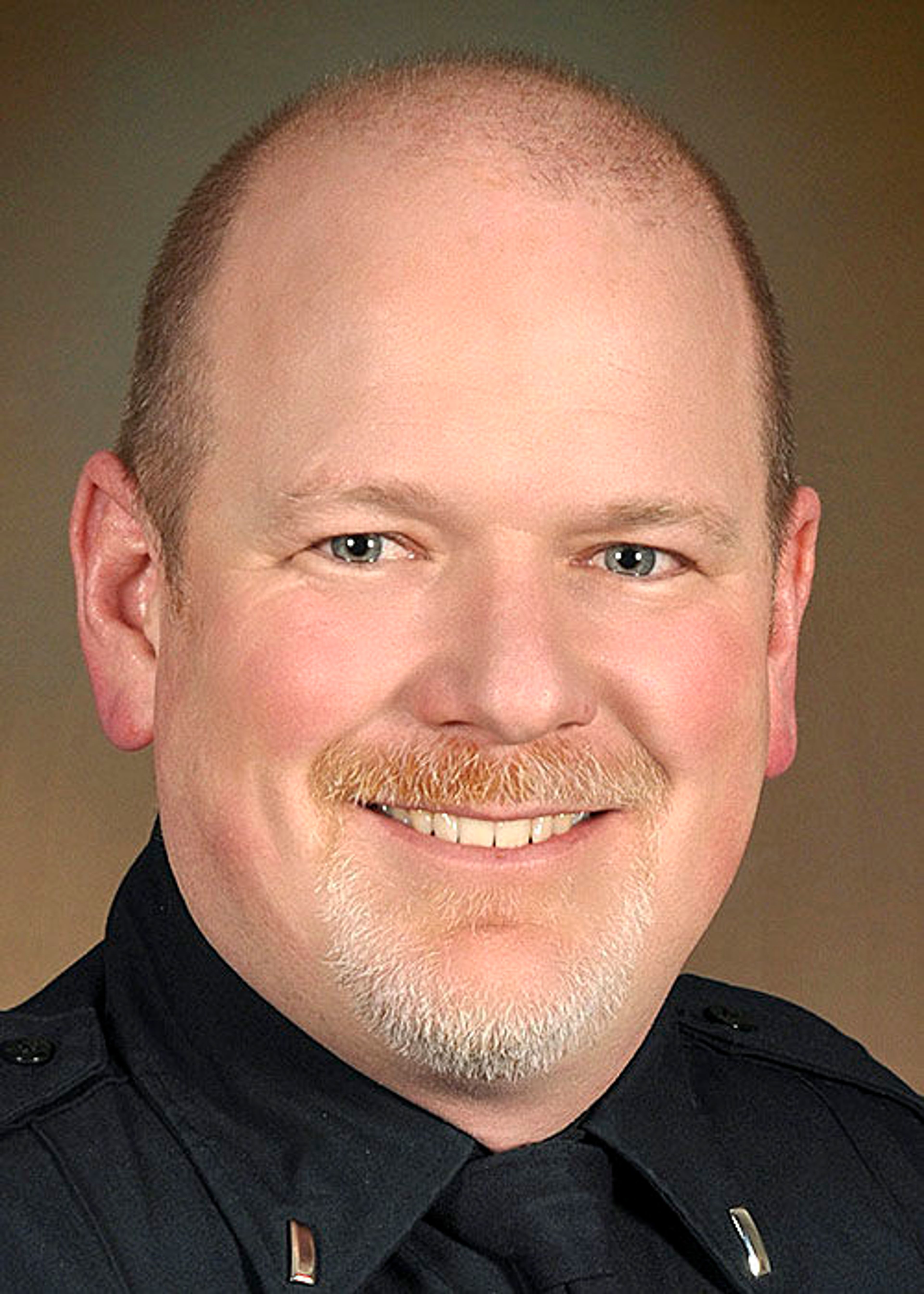Mobile crisis response unit could launch in Moscow
Unit would allow mental health professionals to assist, take over for law enforcement at scene of certain crises
The Idaho Department of Health and Welfare is working to launch a mobile crisis response unit in Moscow that would allow mental health professionals to take over for law enforcement officers at the scene of a mental health crisis.
IDHW Region 2 Behavioral Health Program Manager Teresa Shackelford said during a virtual panel discussion Tuesday that the state agency is rolling out mobile crisis response units across the state. Region 2 includes Latah County and four other north central Idaho counties.
The Moscow Human Rights Commission and the Latah County Human Rights Task Force partnered to sponsor a two-panel webinar discussion series on “Strengthening Relationships with the Community and Law Enforcement.” The second panel, held Tuesday, featured local law enforcement and IDHW officials discussing mental health crisis intervention.
Shackelford said the IDHW started a mobile crisis response unit in Lewiston and the next step is to launch one in Moscow after workers have been hired and trained. She did not give a timetable on when the unit would start on the Palouse.
She said law enforcement officers, who are typically the ones that respond to mental health calls, could contact the response unit and request it to help someone in a mental health crisis.
Moscow Police Department Chief James Fry, one of the panelists, said his officers respond to mental health calls daily and some of them involve multiple calls dealing with the same person.
“It’s very exciting for us to be a part of the program with the upcoming mobile crisis team,” Fry said. “That’s going to give us the capability to clear some of those calls but yet still get the individual help.”
Latah County Sheriff Richie Skiles said he has noticed an increase in mental health calls in the past four years as sheriff. He said deputies respond almost daily to two people with mental health issues in the county.
“They’re really not committing crimes, but they need help,” Skiles said.
Much of the discussion Tuesday focused on the history of the Crisis Intervention Team and how it has been implemented locally. A CIT program teaches first responders about mental health issues and how to safely de-escalate those experiencing a crisis.
Laura Thayer, who leads IDHW Region 2 in CIT training, said CIT is the combination of three groups — first responders, mental health providers and community members — working together.
“It’s really about all three of us coming together in one joint effort to provide the best care for those who are in a mental health crisis,” she said.
Thayer said CIT is in more than 2,700 communities nationwide and works to build connections among law enforcement, mental health providers, hospitals, emergency services and people with mental illnesses and their families.
She said CIT improves communication, identifies mental health resources for those in crisis and works to ensure officer and community safety. It also helps keep people with a mental illness out of jail and allows them access to treatment, Thayer said.
Paul Kwiatkowski, a retired Moscow police captain, said he noticed an increase in Moscow police’s responses to mental health-related crises in the early 2000s when officers did not have appropriate training to respond to those calls.
“What we didn’t have in our tool belt at the time was the understanding that some of these calls involved people that were experiencing an episode with a mental health issue,” Kwiatkowski said.
He said he attended CIT training for the first time in 2013 in Lewiston.
“There were some situations around the country that resulted in people losing their lives when in fact if they would have had training and understood the situation, they may have responded differently,” Kwiatkowski said. “CIT training gave the officers that opportunity.”
Fry said CIT training transformed the way law enforcement officers respond to mental health crisis calls.
Garrett Cabeza can be reached at (208) 883-4631, or by email to gcabeza@dnews.com.





